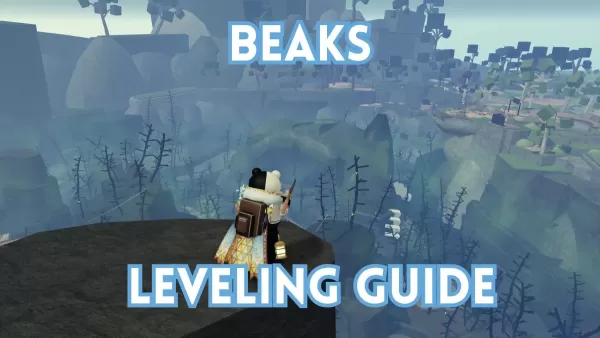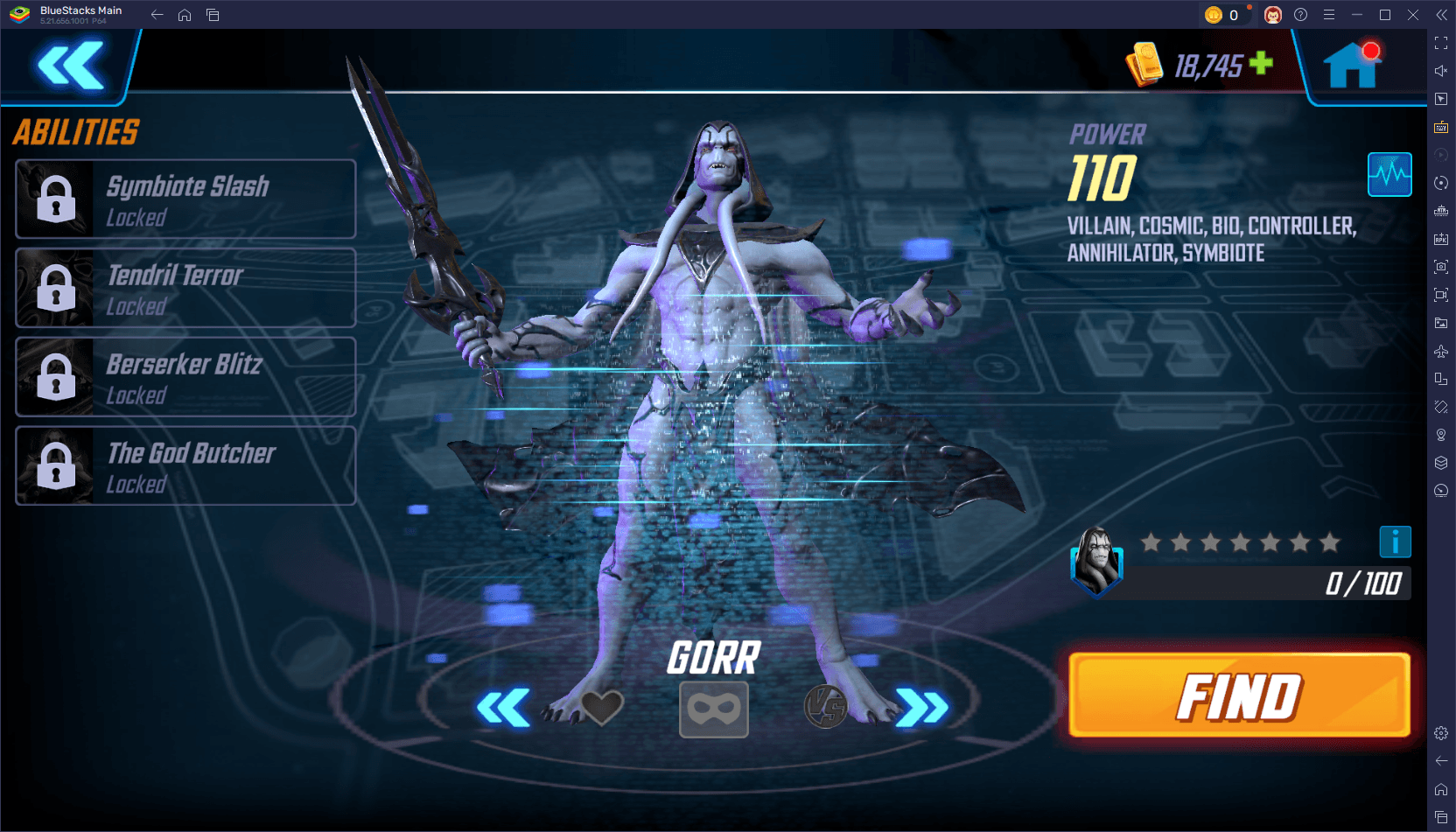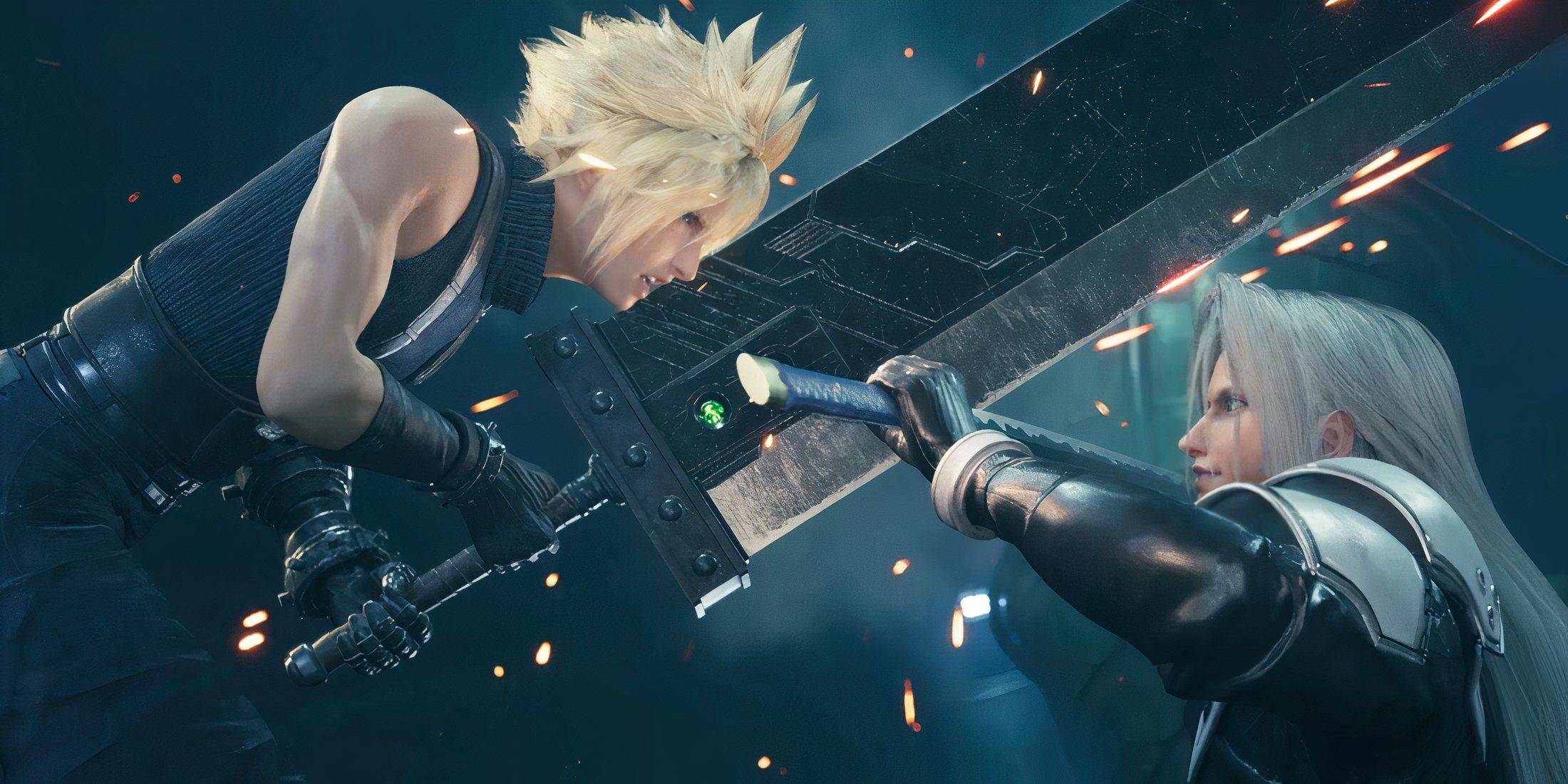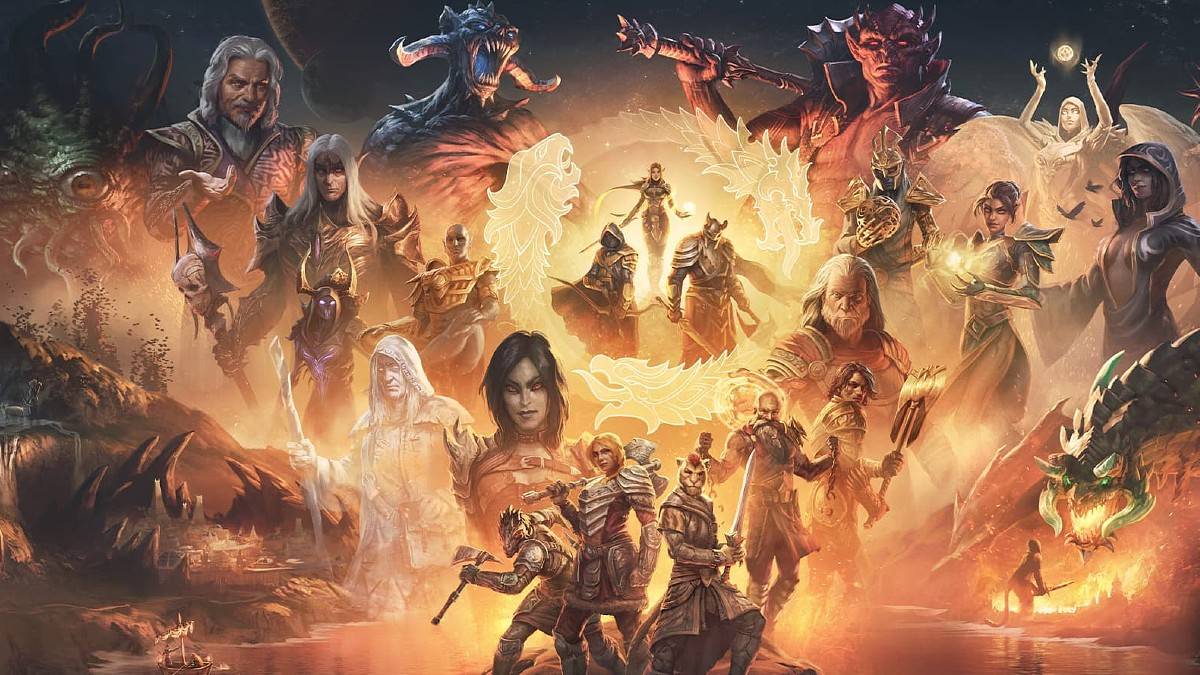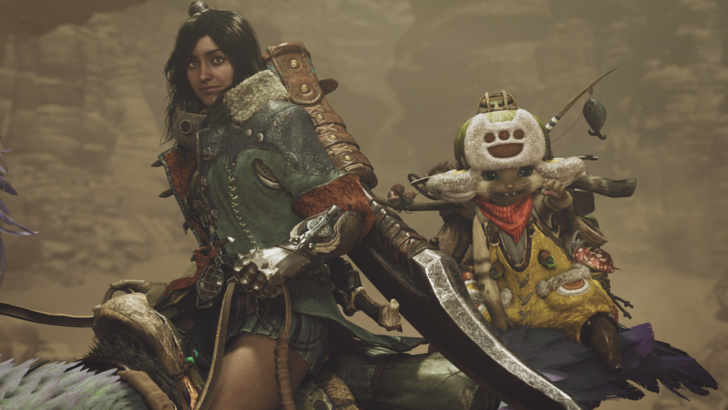
Following the groundbreaking success of Monster Hunter World, Capcom is set to revolutionize the series once again with Monster Hunter Wilds. This new installment promises to immerse players in a dynamic, open-world environment that redefines the traditional hunting experience.
Related Video
We Wouldn’t Have Monster Hunter Wilds If It Wasn’t For World
Capcom Hopes to Capitalize on Extended Global Reach with Monster Hunter Wilds
Redefining the Monster Hunter's Hunting Grounds
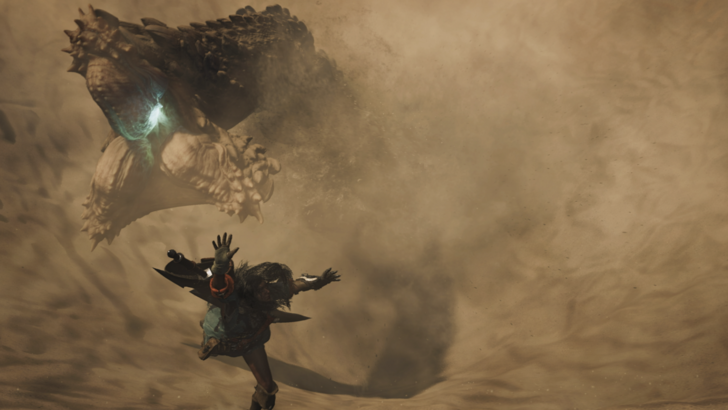
Monster Hunter Wilds represents Capcom's ambitious vision for the franchise, transforming the series' epic battles into a seamless, interconnected world. This living ecosystem evolves in real time, offering players an unprecedented level of immersion.
During an interview at the recent Summer Game Fest, series producer Ryozo Tsujimoto, executive director Kaname Fujioka, and game director Yuya Tokuda shared insights into how Monster Hunter Wilds is set to transform the series. They highlighted the game's focus on seamless gameplay and an environment that reacts dynamically to player actions.
In Monster Hunter Wilds, players assume the role of hunters exploring a new, uncharted territory filled with diverse wildlife and resources. The game's demo at Summer Game Fest showcased a significant shift from the series' traditional mission-based structure to a seamless, open world. Players can now freely explore, hunt, and interact with the environment without the constraints of segmented zones.
"The seamlessness of the game is at the heart of our design for Monster Hunter Wilds," stated Fujioka. "We aimed to create immersive ecosystems that require a seamless world where players can freely engage with hostile monsters."
In-Game World is Immensely Dynamic
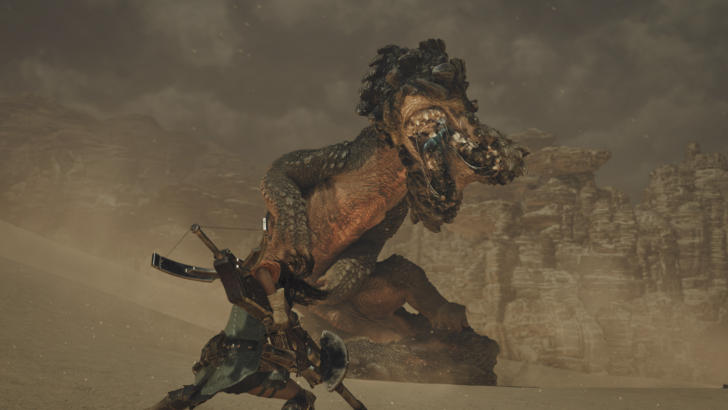
The demo displayed a variety of settings, including desert settlements and vast biomes teeming with monsters and NPC hunters. This new approach allows players to choose their targets and actions without time constraints, offering a more flexible and engaging hunting experience. Fujioka emphasized the importance of world interaction, stating, "We focused on interactions such as packs of monsters pursuing prey and their conflicts with human hunters. These characters exhibit 24-hour behavior patterns, making the world feel more dynamic and organic."
Monster Hunter Wilds also introduces real-time weather changes and shifting monster populations, enhancing the game's dynamism. Game director Yuya Tokuda discussed the technological advancements that enabled this living world. "Creating a massive, evolving ecosystem with numerous interactive characters was a significant challenge. We've achieved simultaneous environmental changes, which was not possible in previous iterations."
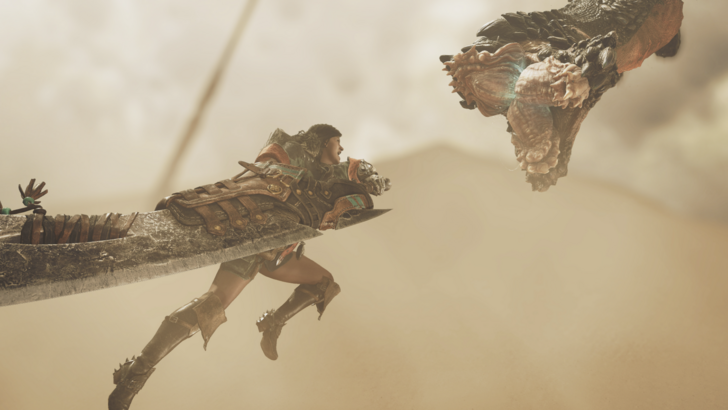
The success of Monster Hunter World provided Capcom with valuable insights that shaped the development of Wilds. Series producer Ryozo Tsujimoto noted the importance of a global approach throughout the development process. "Our experience with Monster Hunter World taught us to adopt a global mindset, focusing on simultaneous worldwide releases and extensive localization. This perspective helped us consider how to re-engage players who may have stepped away from the series and bring them back into the fold."




